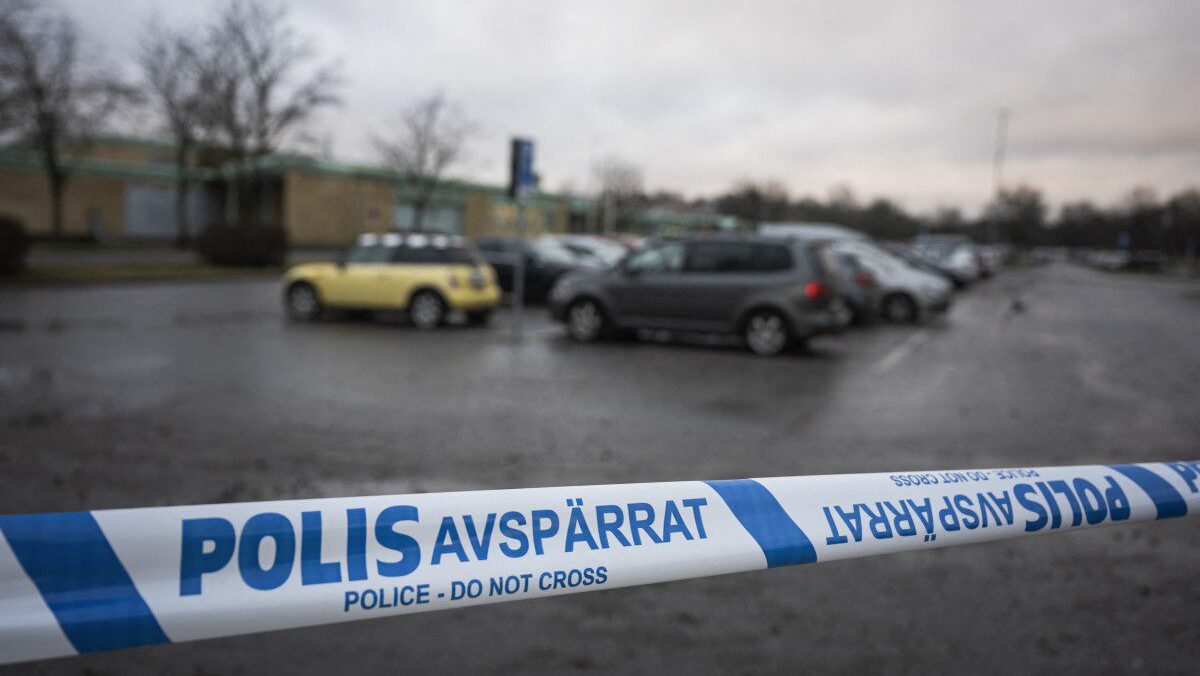
A police cordon is seen outside the adult education center Campus Risbergska school in Örebro, Sweden, on February 5, 2025, one day after a shooting where eleven people were killed.
Photo: Jonathan NACKSTRAND / AFP
At least 11 people were killed, and an unknown number of others injured, on Tuesday in what prime minister Ulf Kristersson described as the “worst mass shooting in Swedish history.” Kristersson also asked the public not to speculate about the incident, the early official response to which has mirrored that to England’s Southport stabbing last summer.
The attack took place at Campus Risbergska—a school offering courses for adults, including Swedish classes for migrants—in the city of Örebro, about 200km west of Stockholm. The suspected gunman is among the dead.
Officials have said as little as possible about the individual, though police claim he appeared to have worked alone—which is significant given a recent spate of gang violence across the country—and that there is no evidence of “ideological motives.”
A report in Aftonbladet quotes relatives who say the 35-year-old suspect left home in his early 20s, changed his name eight years ago for unknown reasons, and has not recently been working. One also described him as a “loner.”
Most papers have also pointed to the claim the suspect had a weapons license, although unofficial statements say the gunman used an “automatic” weapon. Fully automatic weapons are only rarely licensed in Sweden and under heavy restrictions.
Following the prime minister’s lead, police have warned against the spread of ‘erroneous narratives’ online. Commentator Rebecca Mistereggen stressed that “the only way to avoid that is to give the public information,” adding: “Why are you holding back?”
Police acknowledged that the incident “raises concerns and many questions,” but said they saw no general threat to schools—including those with classes for migrants—nor to the general public.
Sweden Democrats leader Jimmie Åkesson said on social media that “such terrible acts should not be allowed to happen in Sweden,” and that he was “following the developments closely.”
Det är med bestörtning jag tar del av rapporteringen om skjutningen i Örebro. Sådana här fruktansvärda dåd ska inte kunna ske i Sverige. Mina tankar går till de som befinner sig mitt i denna mardröm.
— Jimmie Åkesson (@jimmieakesson) February 4, 2025
Som så många andra följer jag och Sverigedemokraterna händelseutvecklingen…
